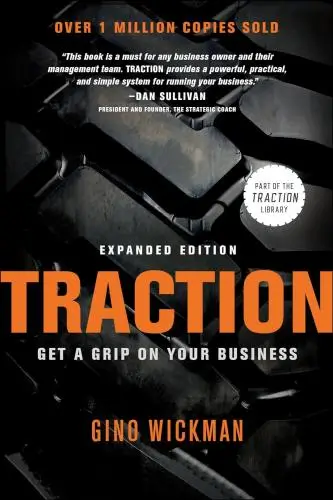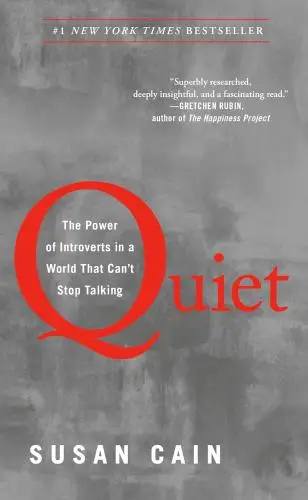Quiet
The Power of Introverts in a World That Can't Stop Talking
What is Quiet about?
Quiet explores the power of introverts in a world that values extroversion. Through research and personal anecdotes, Cain challenges the notion that being loud and outgoing is the only path to success. She celebrates the quiet strengths of introverts, such as deep thinking and empathy, and offers strategies for introverts to thrive in a society that often overlooks their unique talents.
About the Author
Susan Cain is a bestselling author known for her book "Quiet: The Power of Introverts in a World That Can't Stop Talking." She explores the strengths and challenges of introverted individuals, advocating for a deeper understanding and appreciation of their unique qualities. Cain's writing style is insightful and thought-provoking, offering a fresh perspective on the value of introversion in a society that often favors extroverted traits. Her work encourages readers to embrace their own personalities and honor the diversity of human nature.
10 Key Ideas of Quiet
Embrace Solitude to Spark Creativity
Solitude is a crucial ingredient for creativity. In a world that constantly bombards us with information and demands social interaction, finding time to be alone with your thoughts can lead to breakthrough ideas. Solitude allows for deep thinking without distractions, enabling introverts to explore their inner landscape and come up with innovative solutions. It's not about shunning social interactions but about balancing them with quiet time to recharge and reflect.
Learn DeeperSchedule Daily Quiet Time: Start by setting aside a specific time each day for solitude. It could be early in the morning before the day begins or late at night when things have calmed down. Use this time to disconnect from digital devices and engage in quiet activities that allow for reflection, such as journaling, meditating, or simply sitting in silence.
Create a Personal Space for Solitude: Designate a specific area in your home as your 'quiet space' where you can go to think and recharge without interruptions. This doesn't have to be an entire room; even a cozy corner with comfortable seating and minimal distractions can serve the purpose.
Practice Mindfulness Throughout the Day: Incorporate mindfulness practices into your daily routine to cultivate a habit of being present and aware. This can help you find moments of solitude even in the midst of a busy day. Simple practices like mindful breathing or taking a short walk alone can provide mini-breaks of solitude.
Limit Social Media and Digital Consumption: Set boundaries around your use of social media and digital devices. These platforms are designed to capture your attention and can significantly reduce the quality and quantity of your solitude. Try allocating specific times for checking these platforms and stick to them.
- Example
A writer who wakes up an hour earlier than usual to spend time alone with their thoughts and jot down ideas for their next book, finding that the quiet of the morning fosters creativity.
- Example
An artist who designates a small studio space in their apartment where they can work undisturbed, discovering that the solitude enhances their focus and allows for deeper exploration of their craft.
Prepare Thoroughly for Public Speaking to Alleviate Anxiety
Public speaking can be daunting, especially for introverts. However, thorough preparation can significantly reduce anxiety and improve performance. This involves researching your topic well, practicing your speech multiple times, and anticipating questions. By preparing meticulously, you build confidence in your knowledge and ability to communicate effectively, turning a potentially stressful situation into an opportunity to showcase your expertise.
Learn DeeperStart Early: Begin preparing for your speech as soon as you know you'll be giving one. This gives you ample time to research your topic thoroughly and understand it inside out.
Practice, Practice, Practice: Rehearse your speech multiple times in front of a mirror, record yourself, or practice in front of a trusted friend or family member. This helps you get comfortable with the material and your delivery.
Anticipate Questions: Think about potential questions the audience might ask and prepare your answers. This not only helps in handling the Q&A session but also deepens your understanding of the topic.
Visualize Success: Spend a few minutes each day visualizing a successful presentation. Imagine the audience engaging positively, and yourself speaking confidently. This mental rehearsal can boost your confidence.
Seek Feedback: Before the big day, present your speech to a small group of people you trust. Ask for honest feedback on both your content and delivery, and use this input to make improvements.
- Example
Imagine you're tasked with presenting a new marketing strategy at work. You start by researching successful strategies in your industry, then draft your presentation. Over the next weeks, you rehearse it daily, tweaking the content based on feedback from colleagues. By the time you present, you're not just familiar with your material; you're an expert on it.
- Example
You're invited to speak at a local community event about the importance of sustainability. You begin by gathering the latest data and case studies. Each night, you practice parts of your speech to your family, adjusting your tone and pace based on their reactions. You also prepare answers to possible questions about how individuals can contribute to sustainability efforts. When the day comes, you're ready to inspire your audience with confidence.
Leverage Written Communication to Express Ideas Clearly
Introverts often express themselves more clearly in writing than in verbal communication. Take advantage of this strength by using written forms of communication, such as emails, reports, or presentations, to articulate complex ideas. Writing allows for thoughtful expression, providing the time to organize thoughts and refine arguments, ensuring your message is conveyed precisely and effectively.
Learn DeeperStart a daily writing habit: Dedicate a specific time each day to write down your thoughts, ideas, or plans. This could be through journaling, blogging, or drafting emails you plan to send. The goal is to get comfortable with articulating your thoughts in written form.
Use written communication for important messages: Whenever you have a complex idea to share or an important message to convey, opt for an email or a report instead of a verbal conversation. This gives you the space to structure your thoughts and ensure clarity.
Prepare written summaries for meetings: If you're attending a meeting and expect to share your ideas, prepare a written summary in advance. This can help you communicate more effectively during the meeting and serve as a reference for others afterward.
Seek feedback on your written communication: Share your writings with trusted friends or colleagues and ask for their feedback. This can help you refine your writing skills and ensure your message is being received as intended.
Embrace writing tools and resources: Utilize writing tools such as grammar checkers, style guides, or writing courses to improve your written communication. These resources can help you express your ideas more clearly and effectively.
- Example
Imagine you have a groundbreaking idea for a project at work. Instead of trying to explain it verbally in a meeting where nerves might get the better of you, you decide to write a detailed proposal. In this document, you outline the concept, its benefits, and the implementation plan, allowing you to present your idea thoroughly and persuasively.
- Example
You're planning a family reunion and need to communicate the details to your extended family, some of whom you rarely speak to. You decide to write a comprehensive email that includes the date, location, what they need to bring, and other logistical details. This approach ensures everyone is on the same page and allows you to express your excitement about the event in a way that might be harder to convey over the phone.
Create a Quiet Workspace to Enhance Concentration
A quiet, personalized workspace can significantly boost productivity and focus. Distractions are minimized, allowing for deeper concentration on tasks. Whether it’s through noise-cancelling headphones, a secluded spot, or setting boundaries for uninterrupted work time, creating a space where you can work undisturbed is essential for introverts to thrive and produce their best work.
Learn DeeperIdentify Your Quiet Space: Start by finding a spot where you feel most at ease and least distracted. This could be a specific room in your home, a corner of a library, or even a park bench. The key is consistency; use this space regularly for work to condition your mind into 'work mode' when you're there.
Invest in Noise-Canceling Headphones: If you can't control the noise level around you, consider investing in a good pair of noise-canceling headphones. They can be a game-changer in helping you maintain focus, especially in noisy environments.
Set Clear Boundaries: Communicate with those around you about your work hours and the importance of minimizing interruptions. This might mean setting specific 'do not disturb' times or using visual cues like a closed door or a sign.
Personalize Your Workspace: Make your workspace inviting and conducive to concentration. This could involve ergonomic adjustments, adding plants, or ensuring you have all the tools you need within reach. A personalized workspace can enhance your comfort and focus.
Schedule Regular Breaks: Incorporating short breaks into your work routine can actually help maintain your concentration levels throughout the day. Use a timer to remind yourself to stand up, stretch, or take a brief walk every hour.
- Example
A writer who lives in a bustling city uses noise-canceling headphones to block out the urban soundscape, creating a silent bubble that allows them to focus on their writing without distractions.
- Example
A software developer working from home sets up a dedicated office space in a spare room. They communicate to their family that when the door is closed, they are not to be disturbed unless it's an emergency, effectively minimizing interruptions during critical work periods.
Deeper knowledge. Personal growth. Unlocked.
Unlock this book's key ideas and 100+ more. Learn with quick, impactful summaries.
Read Full SummarySign up and read for free!
Quiet Summary: Common Questions
Experience Personalized Book Summaries, Today!
Discover a new way to gain knowledge, and save time.
Sign up for our 7-day trial now.
No Credit Card Needed

Similar Books
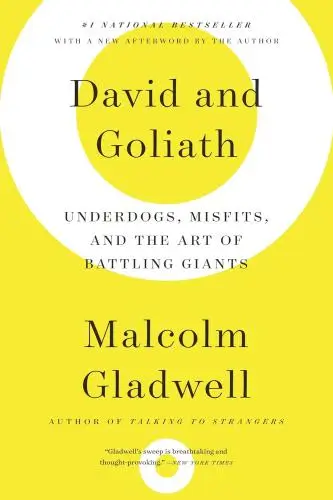
David and Goliath
Malcolm Gladwell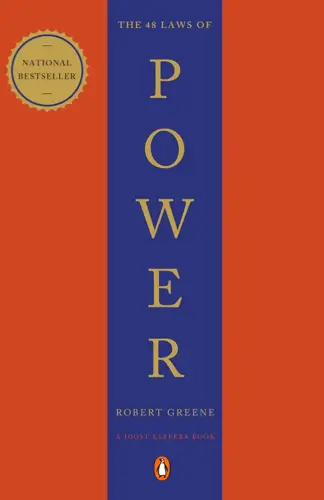
The 48 Laws of Power
Robert Greene
Switch
Chip Heath
Do What You Are
Paul D. Tieger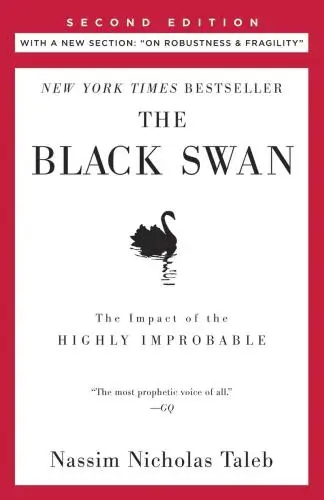
The Black Swan
Nassim Nicholas Taleb
Emotional Intelligence 2.0
Travis Bradberry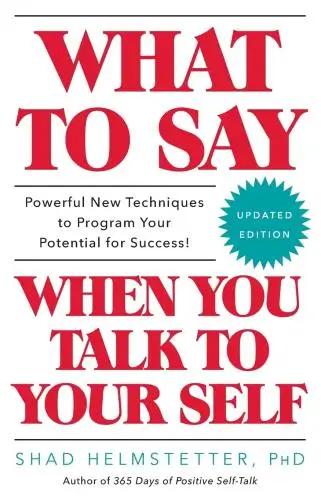
What to Say When You Talk to Yourself
Shad Helmstetter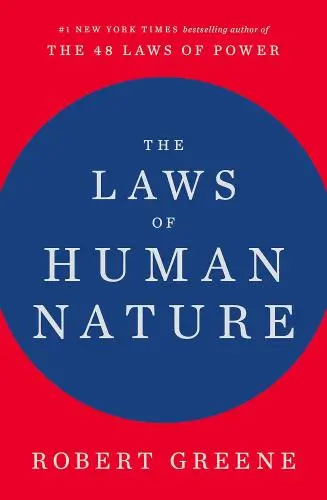
The Laws of Human Nature
Robert Greene
Feeling Good
David D. Burns
Who Moved My Cheese?
Spencer Johnson
Emotional Intelligence
Daniel Goleman
12 Rules for Life
Jordan B. PetersonTrending Summaries

Peak
Anders Ericsson
Never Split the Difference
Chris Voss
Smart Brevity
Jim VandeHei
The Psychology of Money
Morgan Housel
The First 90 Days
Michael D. Watkins
Atomic Habits
James Clear
Thinking, Fast and Slow
Daniel Kahneman
The Body Keeps the Score
Bessel van der Kolk M.D.
The Power of Regret
Daniel H. Pink
The Compound Effect
Darren Hardy
How to Win Friends & Influence People
Dale Carnegie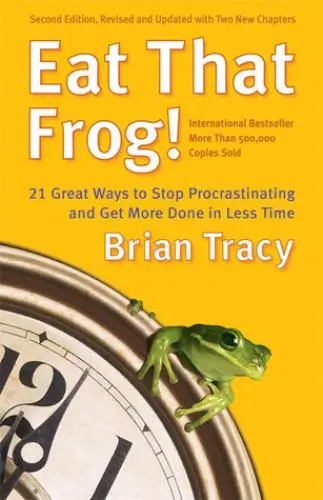
Eat That Frog!
Brian Tracy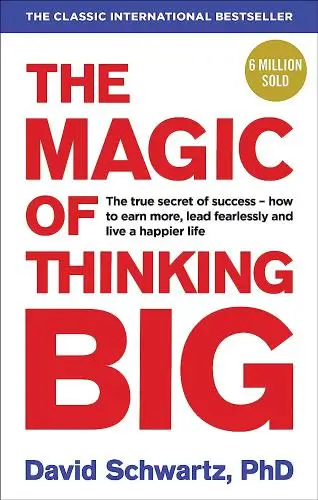
The Magic of Thinking Big
David J. Schwartz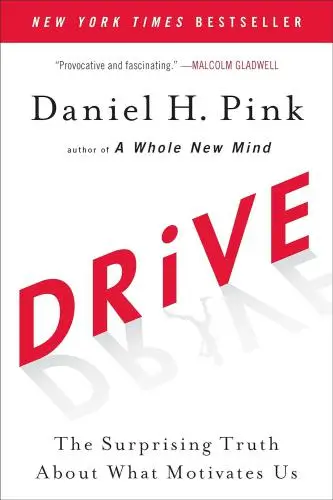
Drive
Daniel H. Pink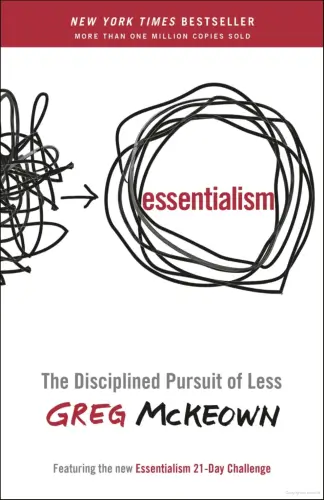
Essentialism
Greg McKeownNew Books

The Millionaire Fastlane
MJ DeMarco
Losing My Virginity
Richard Branson
Venture Deals
Brad Feld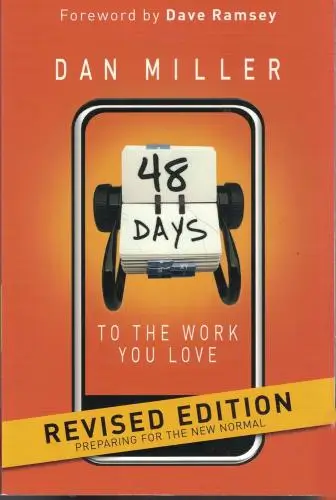
48 Days to the Work You Love
Dan Miller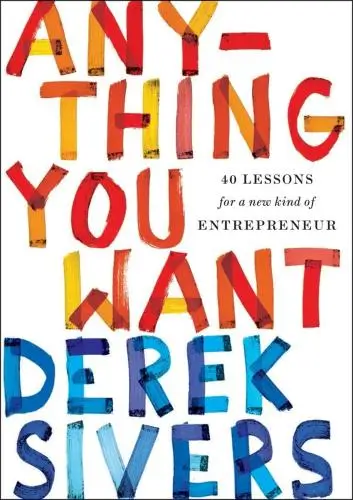
Anything You Want
Derek Sivers
Running Lean
Ash Maurya
Blitzscaling
Reid Hoffman
The Founder's Dilemmas
Noam Wasserman
Founders at Work
Jessica Livingston
The Startup Owner's Manual
Steve Blank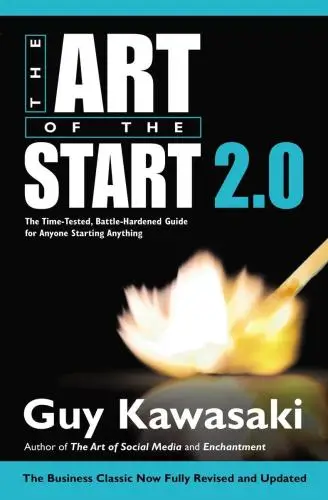
The Art of the Start 2.0
Guy Kawasaki
The Four Steps to the Epiphany
Steve Blank
Flash Boys
Michael Lewis
Crush It!
Gary Vaynerchuk